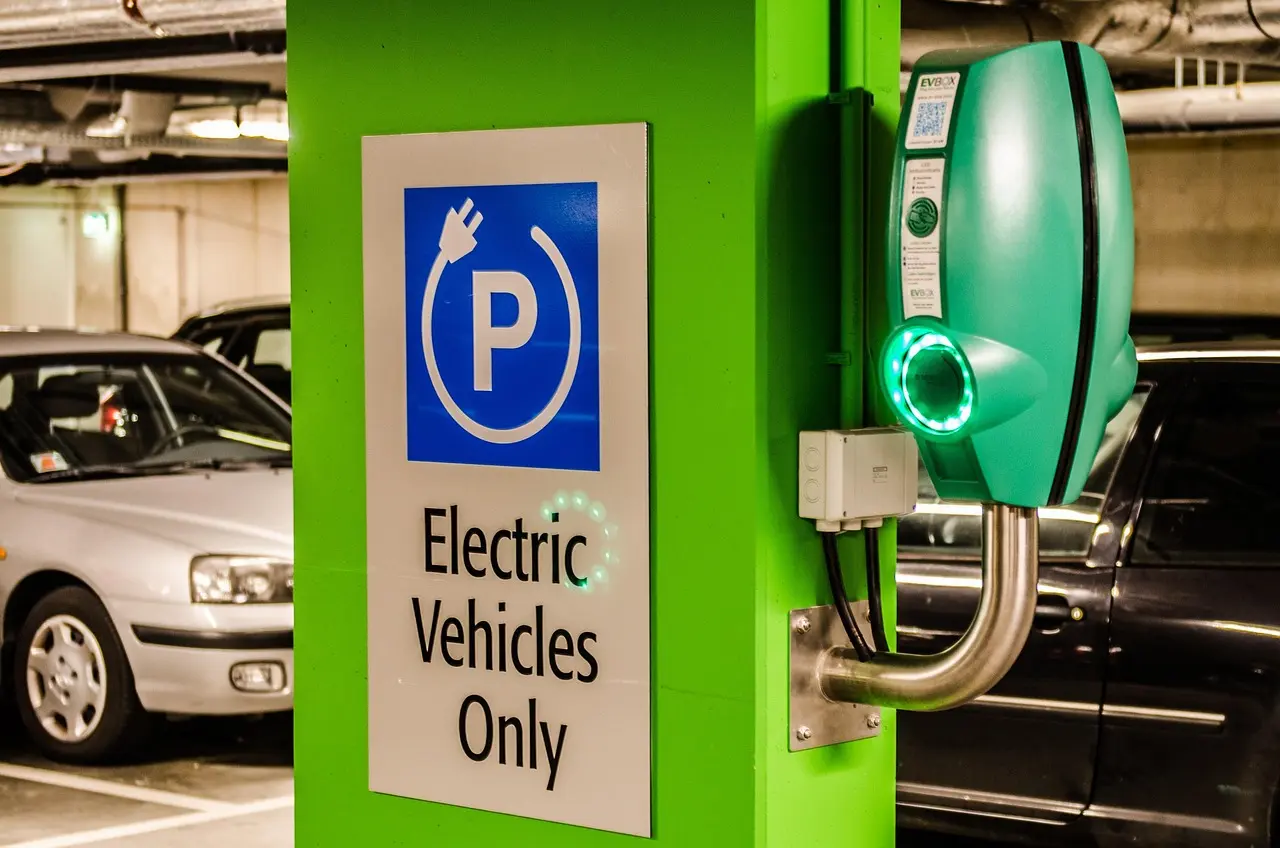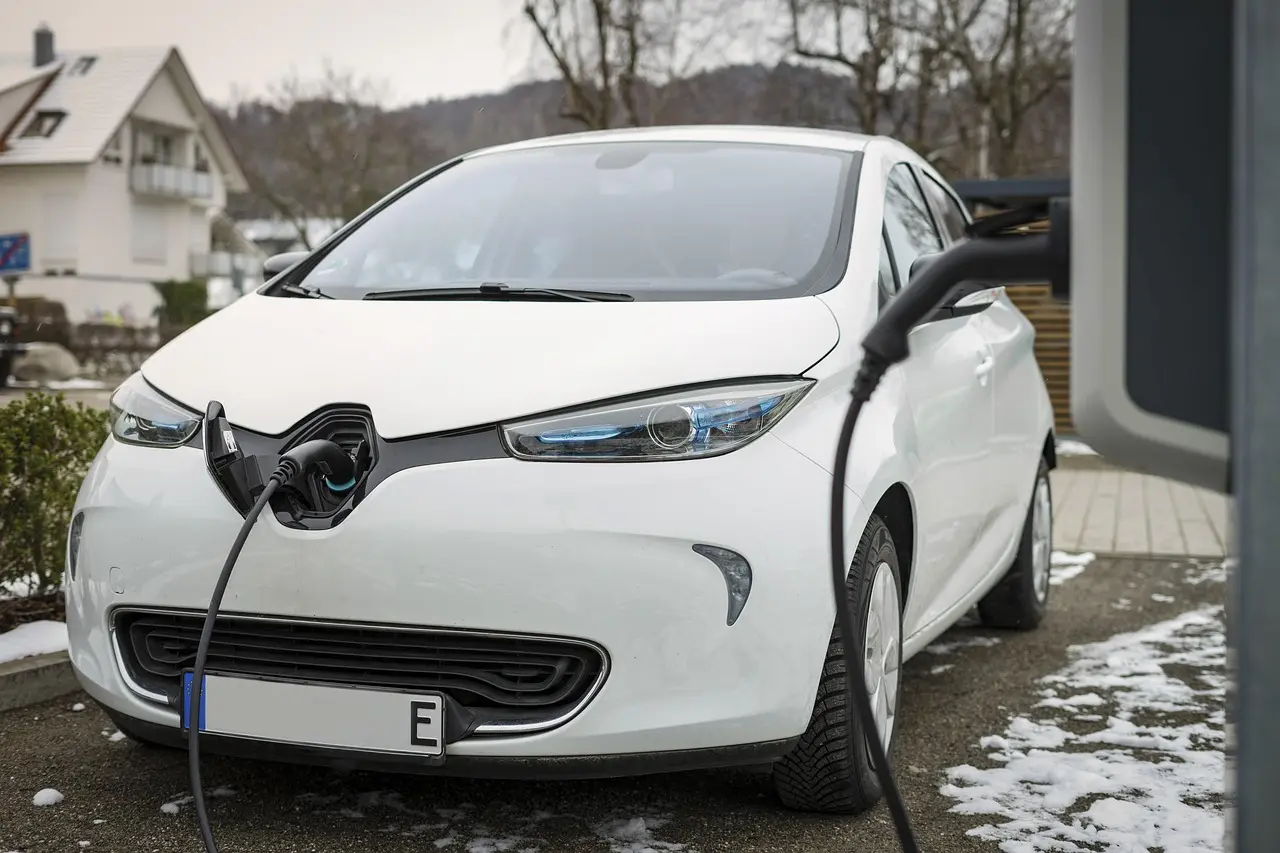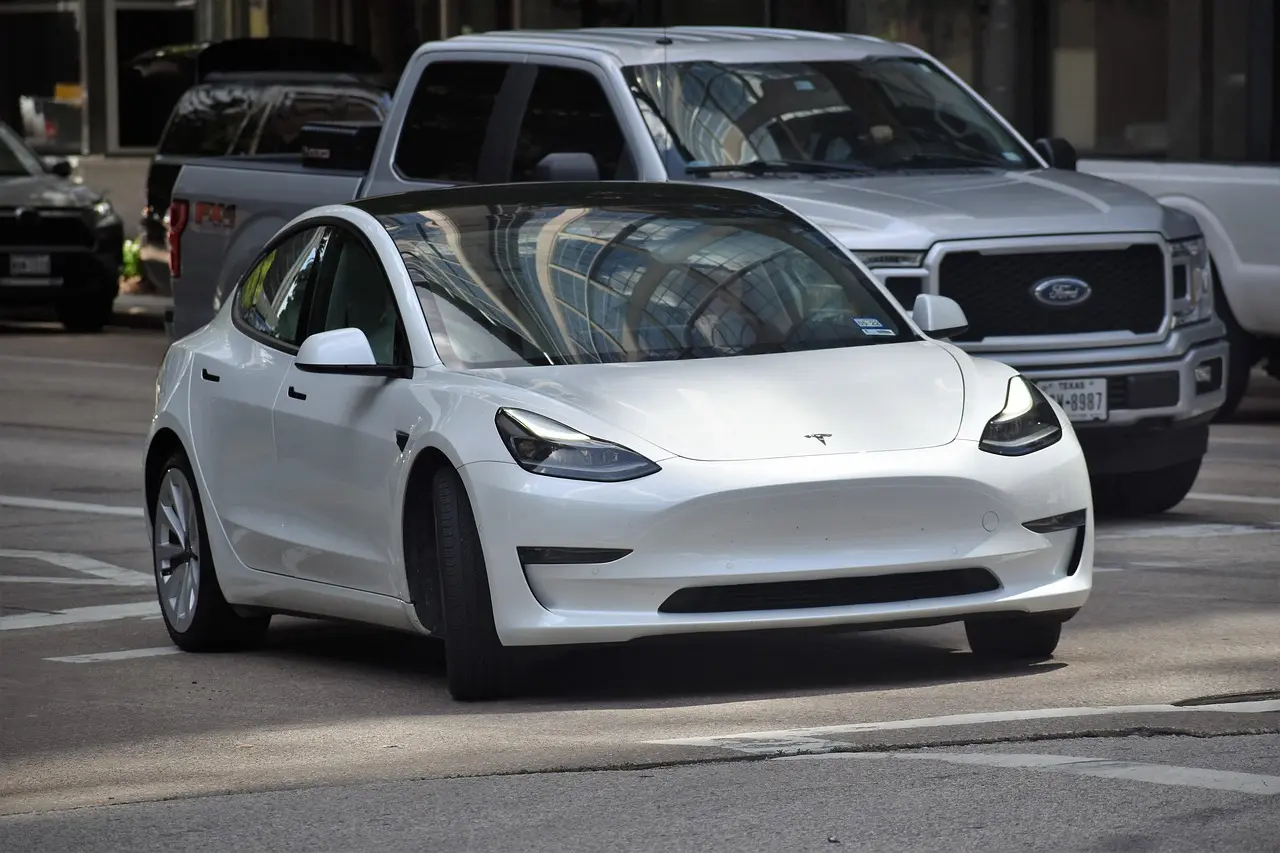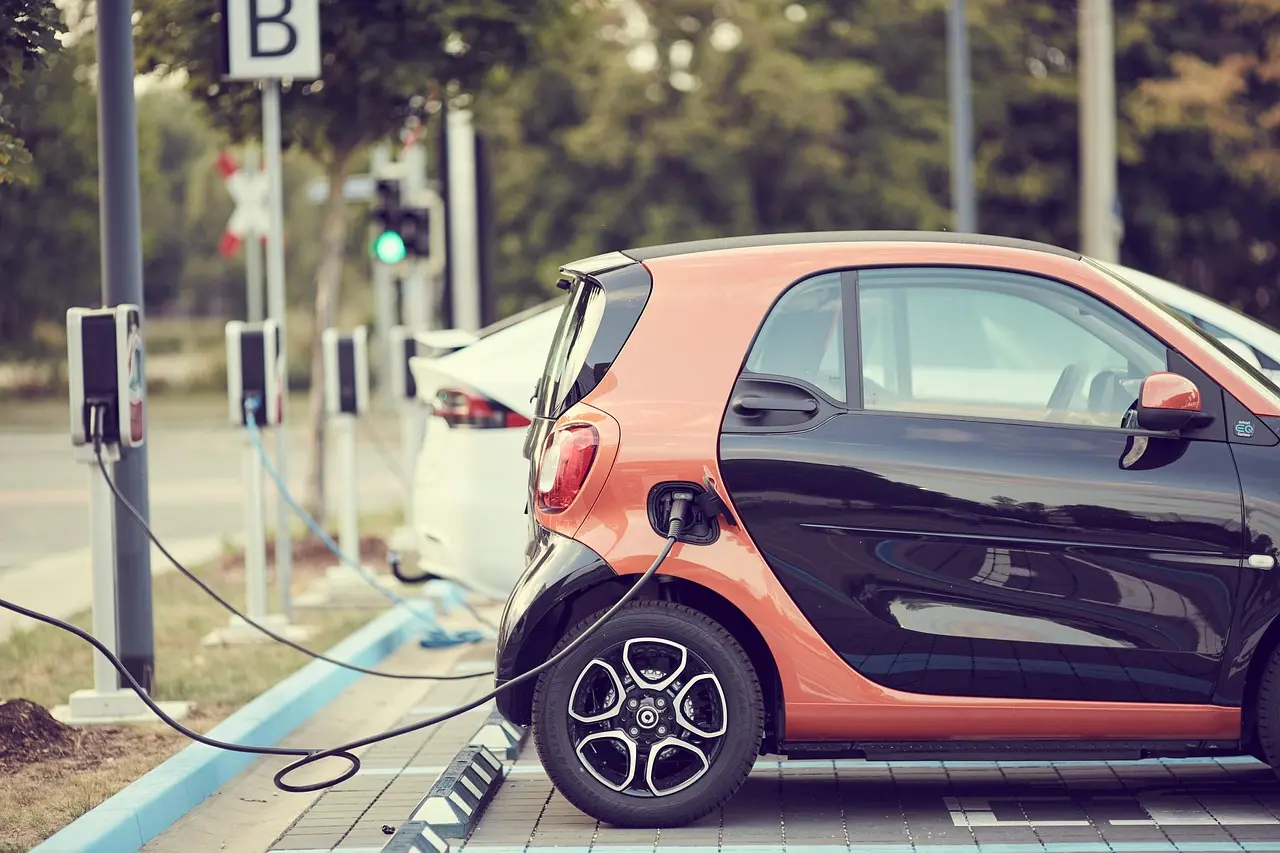Electric vehicles are rapidly changing the Australian automotive scene. EVs, once considered a niche option or futuristic choice, are now an integral part of Australia’s transition to more sustainable transportation. The combination of increased environmental awareness, technological advancements and government support is driving this growing shift. Australia, which is under increasing pressure to reduce its carbon emissions and meet climate targets, has begun to recognise the importance of electric vehicles in reducing pollution from transport. This transition is timely and necessary in order to align with the global efforts being made to address climate change.
What are Electric Vehicles?
Electric vehicles are any cars or other forms of transportation powered by electric motors rather than traditional internal combustion engines. Electric cars are the focus of most government and public attention, but similar changes are occurring in micromobility, rail systems and marine vessels as well as aircraft.

Electric Vehicle Types
The way EVs store and use their energy to power electric motors is what makes them different.
-
Battery-Electric Vehicles (BEVs). BEVs, also known as all-electric cars, run on the electricity stored onboard. The batteries can be recharged via an electrical outlet, a charging station or by plugging them into the grid. Regenerative braking is also used by many BEVs to capture energy while slowing down. This extends their driving range.
-
Hybrid electric vehicles (HEVs). HEVs are hybrids that combine an electric motor with a battery and a petrol/diesel engine. The combustion engine charges the battery when the battery runs low. HEVs use different drivetrain configurations–either “series,” where only the electric motor drives the wheels, or “parallel,” where both the motor and engine can provide power at the same time. Some vehicles combine both approaches to provide flexibility.
-
Plug-in Hybrid Electric Vehicles: PHEVs are similar to HEVs and have both an electrical motor and a combustion engine, but they can be recharged by an external power source. They can run on electricity for shorter distances before switching to gasoline.
-
Fuel Cell Electric Vehicles: These cars use a hydrogen fuel cell to generate electricity, which powers the motor. FCEVs are another alternative to fossil fuel vehicles that produce no tailpipe emissions.
The Rise of Electric Cars
EVs are becoming increasingly popular among Australian motorists for a variety of reasons. Cleaner alternatives are becoming more appealing due to the growing concern over the environmental impact of diesel and petrol vehicles. Sustainability is now a major factor in many consumers’ car-buying decisions. Electric vehicles also offer many practical benefits. The instant torque, quiet operation, and smooth acceleration of electric vehicles rival or surpass that of internal combustion engines. The options for electric and hybrid vehicles are increasing as more models hit the market, from compact cars to SUVs. This helps broaden their appeal among all income levels and lifestyles.
Tesla is the leading EV maker in the world. It has produced millions of cars and driven innovation, which has lowered prices and boosted the competition within the industry. This rapid growth can be seen in the worldwide surge in EV sales. These are up by 35% per year, and there are now millions of EVs on the road.
The EV revolution has also expanded beyond cars to include trucks, boats and agricultural equipment. The spread of electrification is driving innovation in not only drive motors, but also auxiliary systems such as refrigeration, generators and pumps. This has reshaped the entire transportation landscape.

What Are the Benefits of Electric Cars for Daily Use?
In recent years, electric vehicles (EVs), thanks to technological advancements and an expanding charging infrastructure, have become more affordable. These cars offer many benefits over traditional petrol and diesel vehicles, such as lower operating costs, smoother performance, and no tailpipe emissions. EVs are a great option for drivers who want to reduce their environmental impact or support cleaner air.
Electric cars may be more expensive up front, but they can often be a good investment in the long run. Over time, fuel and maintenance savings can help offset the cost of an electric car. Government incentives make EVs even more affordable. In addition, battery technology improvements have improved driving ranges and decreased charging times. This has addressed common concerns regarding convenience.
Electric vehicles are a viable and environmentally friendly alternative to conventional automobiles. As public charging stations become more available and the technology improves, EVs will be increasingly suitable for everyday use and longer trips.
Electric vehicles (EVs), which are more environmentally friendly, have become increasingly popular among Australians.
Reduced Operating Costs
Both businesses and individual users benefit from lower operating costs when they use electric vehicles. These savings can be significant for companies that have transportation or logistical needs. The predictable and stable cost of charging with electricity helps businesses better manage their budgets compared to petrol and diesel prices, which are often volatile.

Better Corporate Reputation
Integrating electric vehicles into the fleet of a business demonstrates a commitment to sustainability and environmental responsibility. This positive attitude can improve a company’s public reputation, increasing brand trust and reputation. This type of environmental leadership can open up new business opportunities and increase customer loyalty.
Impact on the Environment:
EVs are a great way to reduce greenhouse gas emissions. Electric cars emit no tailpipe emissions, which reduces air pollution in urban areas, where air quality is a serious health risk. EVs are a great way to improve the health of Australians and reduce their carbon footprint.
Savings and efficiency
Electric cars are usually cheaper to run than petrol or diesel vehicles. Electricity is cheaper than fossil fuels and can save you a lot of money over time. EVs also have fewer moving components, which reduces maintenance costs and means fewer visits to the mechanic. This makes EVs attractive to individual drivers, fleet operators and businesses.

Energy Security & Reduced Oil Dependence
By switching to electric vehicles, Australia is able to reduce its dependence on imported oil and enhance national energy security. The country is exposed to geopolitical and volatile oil prices when it imports large quantities of oil. Adoption of electric vehicles (EVs) supports a resilient energy system. This is especially true when combined with increasing the use of renewable sources such as solar and wind energy.
Improved Driving Experience
Electric vehicles offer a better driving experience than conventional cars. Their batteries are usually placed low on the chassis. This gives EVs a lower centre of gravity, which improves handling and stability. Electric motors provide smooth and responsive acceleration. The quiet operation also enhances comfort.
Additional benefits
EVs include reducing noise pollution and contributing to quieter roads. Range anxiety will decrease as charging infrastructure improves. This makes EVs easier to use for long-distance travel and everyday driving. EVs can be integrated with smart grids and home solar systems to increase energy efficiency.
Conclusion: Driving towards a cleaner future
Electric vehicles are not just a trend. They’re an important step towards a sustainable and environmentally friendly future. EVs are a great way to reduce emissions, improve air quality and lower long-term costs. Although upfront costs and charging infrastructure remain challenges, the benefits associated with EV ownership are becoming increasingly apparent to Australians.
Installing a home charger can be a great way to ease your mind and provide convenience, especially when you are preparing for long trips. Electric vehicles will play a major role in the future of transportation, transforming how we travel.


